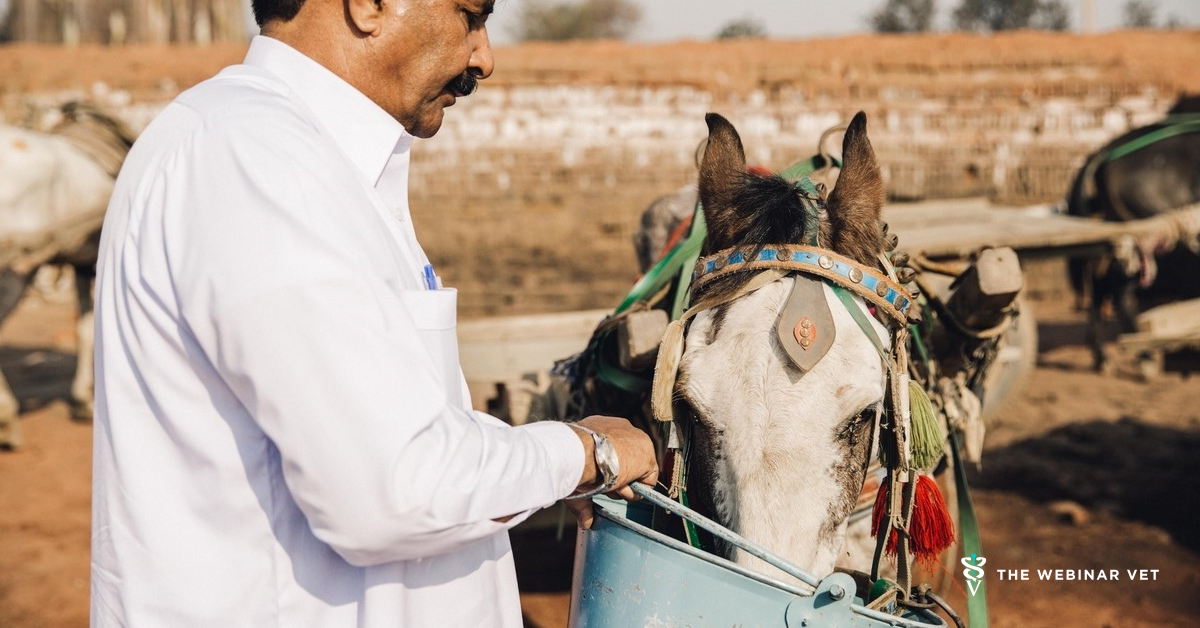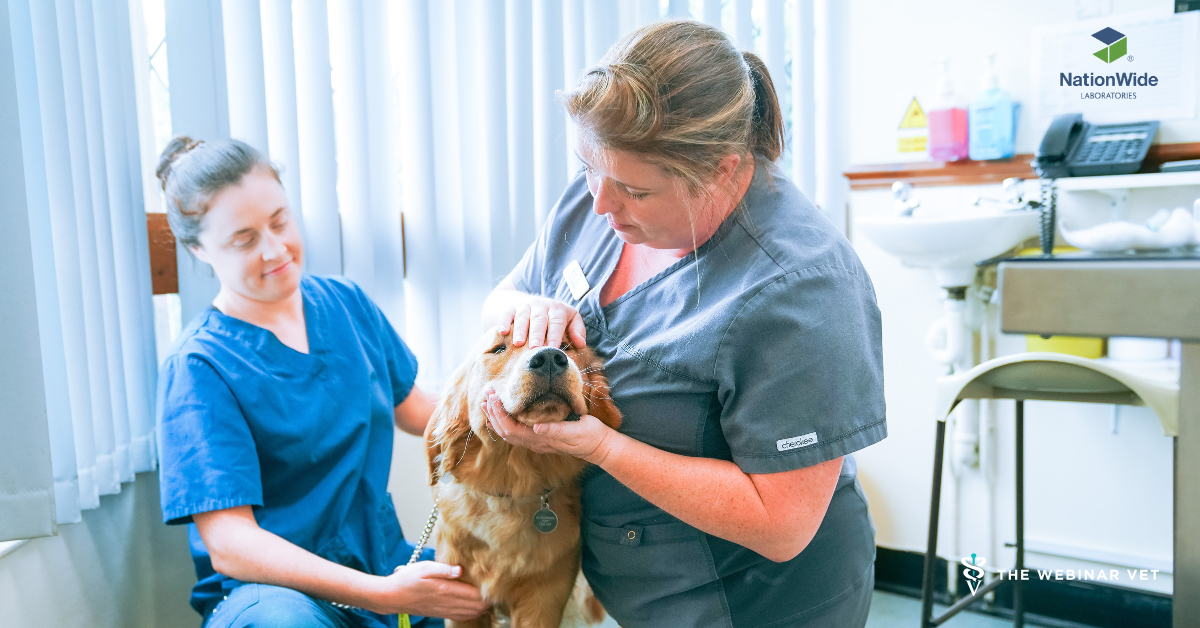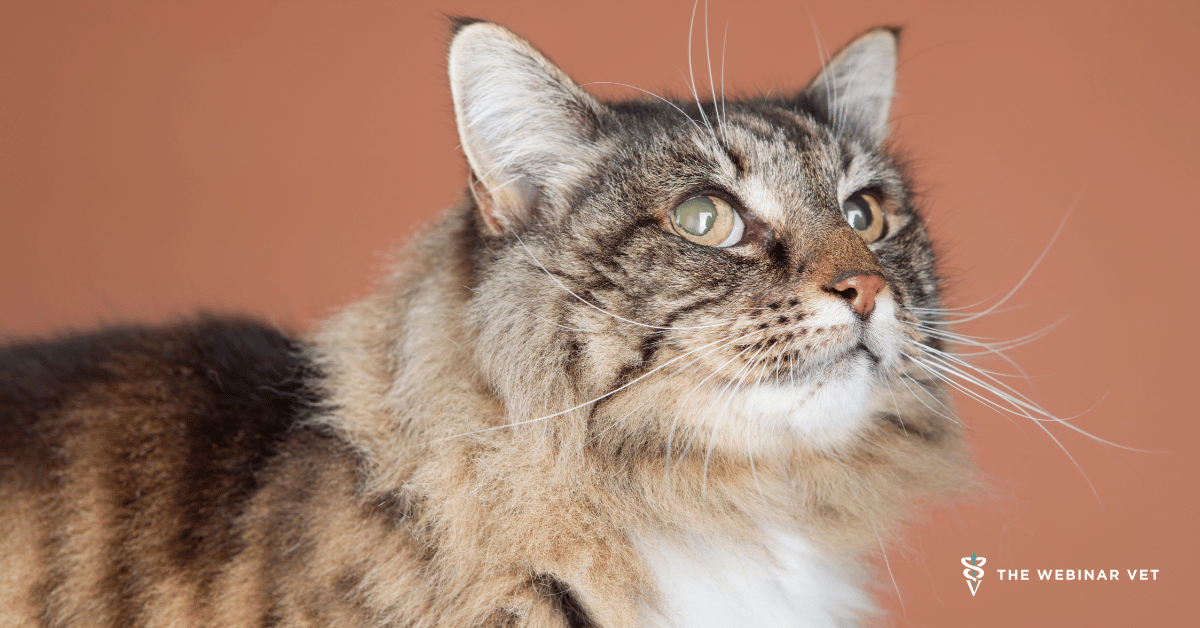Stress Management in Veterinary Medicine
Veterinary medicine is one of the most rewarding professions, but it also comes with unique challenges. Long hours, emotionally demanding cases, financial pressures, client expectations, and the weight of clinical decision-making can all contribute to stress.








.png)



